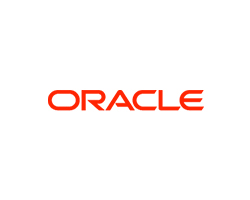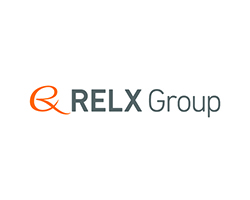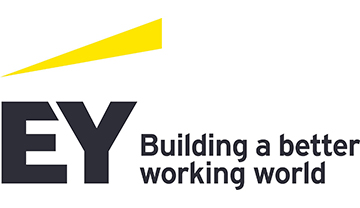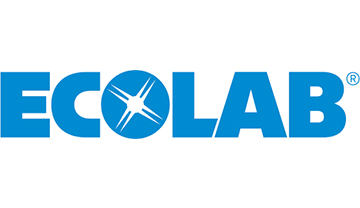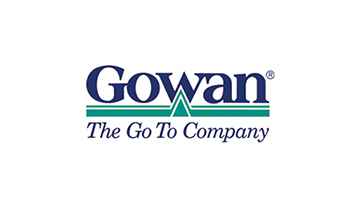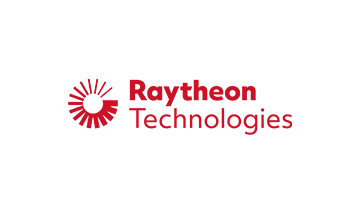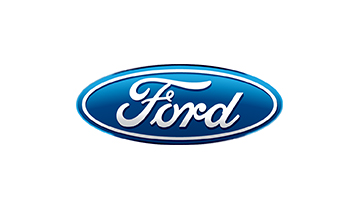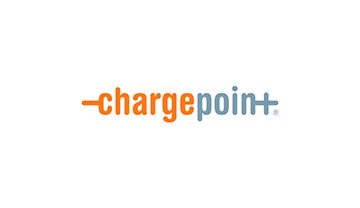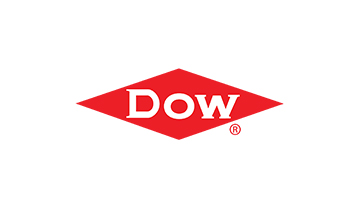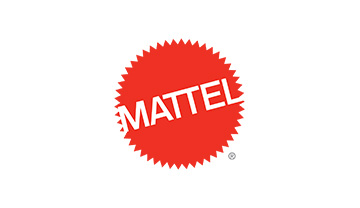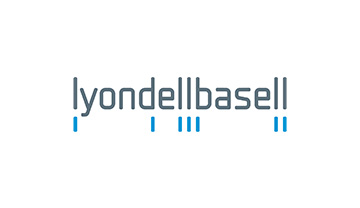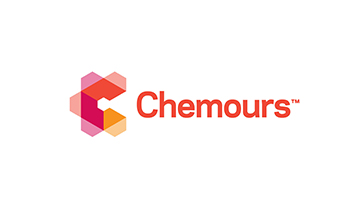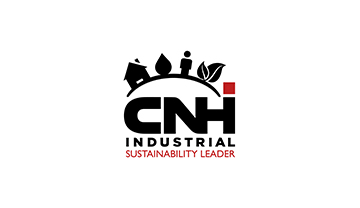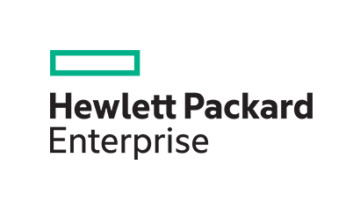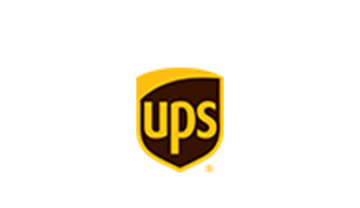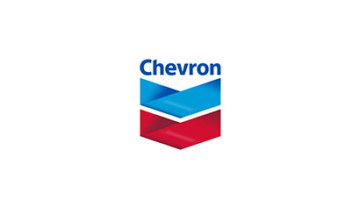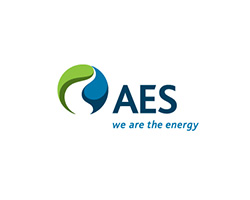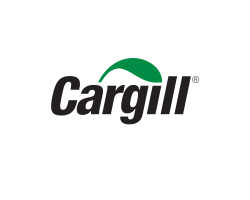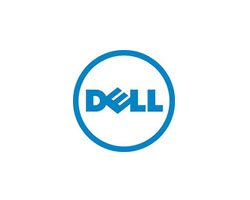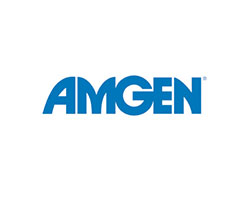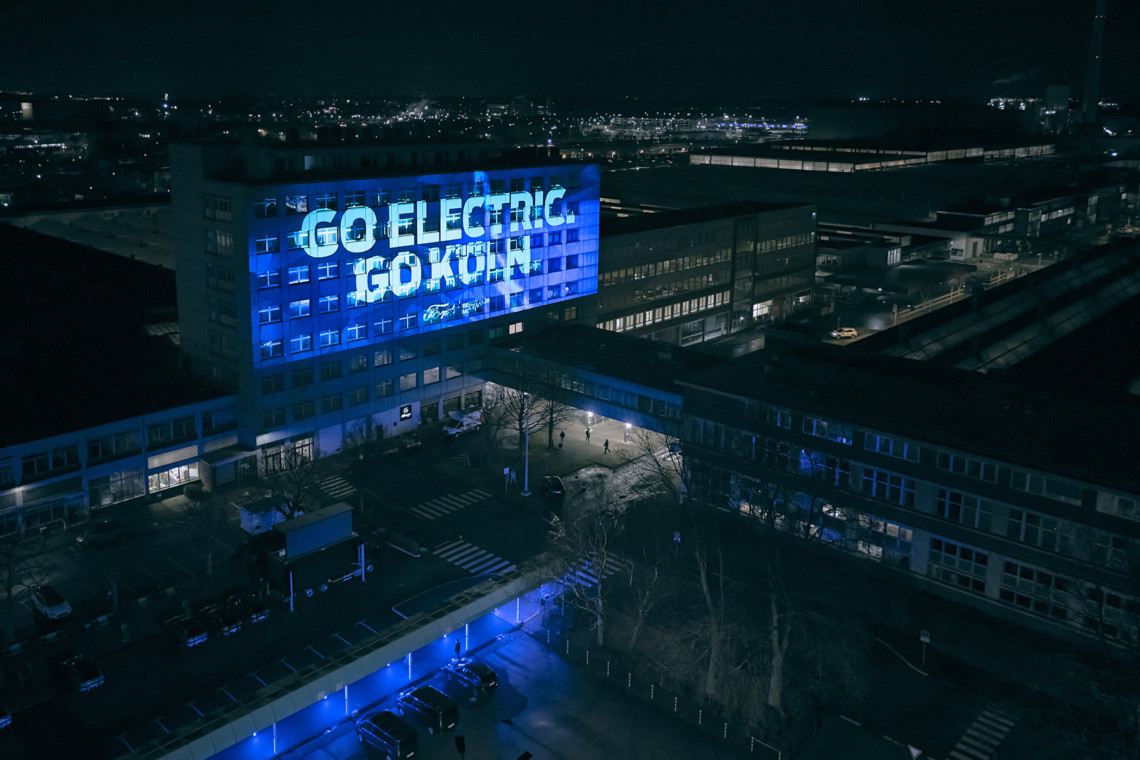

An interview with Stuart Rowley, President, Ford of Europe
How is Ford supporting the objectives of the EU’s Green Deal?
Ford fully supports the Green Deal objective for 2030 to reduce overall greenhouse gas (GHG) emissions by 55% and we endorse the EU’s ambition to achieve carbon-neutral transport by 2050. Furthermore, we have proactively committed to deliver our part to reduce CO2 emissions in line with the Paris Climate Agreement and intend to achieve carbon neutrality globally by 2050. To deliver this goal, we are profoundly transforming our business and pursuing an ambitious electrification strategy.
Could you elaborate more on your transition towards electrification?
The shift towards zero-emission and digital mobility marks the principal transformation of our industry and Europe is at the leading edge here. As we are moving towards a digital future, the changes in the business and society are immense.
Ford is investing globally more than $30 billion by 2025 in electrification to support a broad portfolio of battery electric vehicles and solutions including charging infrastructure, such as our joint venture initiative, Ionity. Investment in fast and reliable charging infrastructure is a key enabler for the acceleration in electro mobility, hence we are calling on the EU for an ambitious review of the Alternative Fuels Infrastructure Directive.
In Europe, Ford has committed that 100% of our passenger vehicle range will be zero-emissions capable, all-electric or plug-in hybrid by 2026; moving to all-electric by 2030. Ford’s commercial vehicle range in Europe will also be 100% zero-emissions capable, all-electric or plug-in hybrid, by 2024; moving to two-thirds of commercial vehicle sales expected to be all-electric or plug-in hybrid by 2030.
It seems that the electrification of cars and vans is progressing at different pace, why?
Vans are essential tools for businesses of all sizes, including SMEs, and perform an absolutely vital role in our economies. There is a growing demand for electrified vans but very much tied to their business use cases. For example, inner city parcel delivery services are well suited to battery electric vehicle (BEV) vans, as travel routes can be properly planned and charging can be provided easily on the companies’ premises. We are meeting this demand not only by the Transit Custom plug-in hybrid electric vehicle (PHEV) already available in market, but also with the forthcoming BEV-Version of the Transit and Transit Custom to be launched by 2023.
However, there are other business uses for light commercial vehicles (LCV) which bring special requirements such as high payload and towing capacity, downtime for charging and longer range. These cases tend to act as limiting factors for BEV usage amongst LCV users, leading to a different electrification glide path for vans. This difference needs to be appropriately reflected in regulatory interventions. In the meantime, while progress continues towards electrification, Ford is also focusing on further improvement of existing technologies and related solutions to meet customer needs and address mobility challenges, in particular in urban areas.
What kind of urban mobility solutions are you offering?
The need to develop mobility solutions in urban areas is growing due to air quality and congestion concerns, population growth and the increase in local deliveries from online sales. Light commercial vehicles are playing a key role in serving the citizens with goods, mobility and other services; they can also become part of the solution to mobility issues in urban settings.
Ford Mobility is contributing to future sustainable urban logistics with a new generation of cleaner vehicles, new mobility goods delivery initiatives and fleet management tools. We are also exploring innovative initiatives that aim to integrate connected vehicles, city data and infrastructure.
Alternative powertrains, such as plug-in hybrids combined with advanced technologies such as blockchain or geo-fencing can contribute to efficient and clean transportation of goods and people within cities, while ensuring maximum productivity of vans as working tools for European business.





